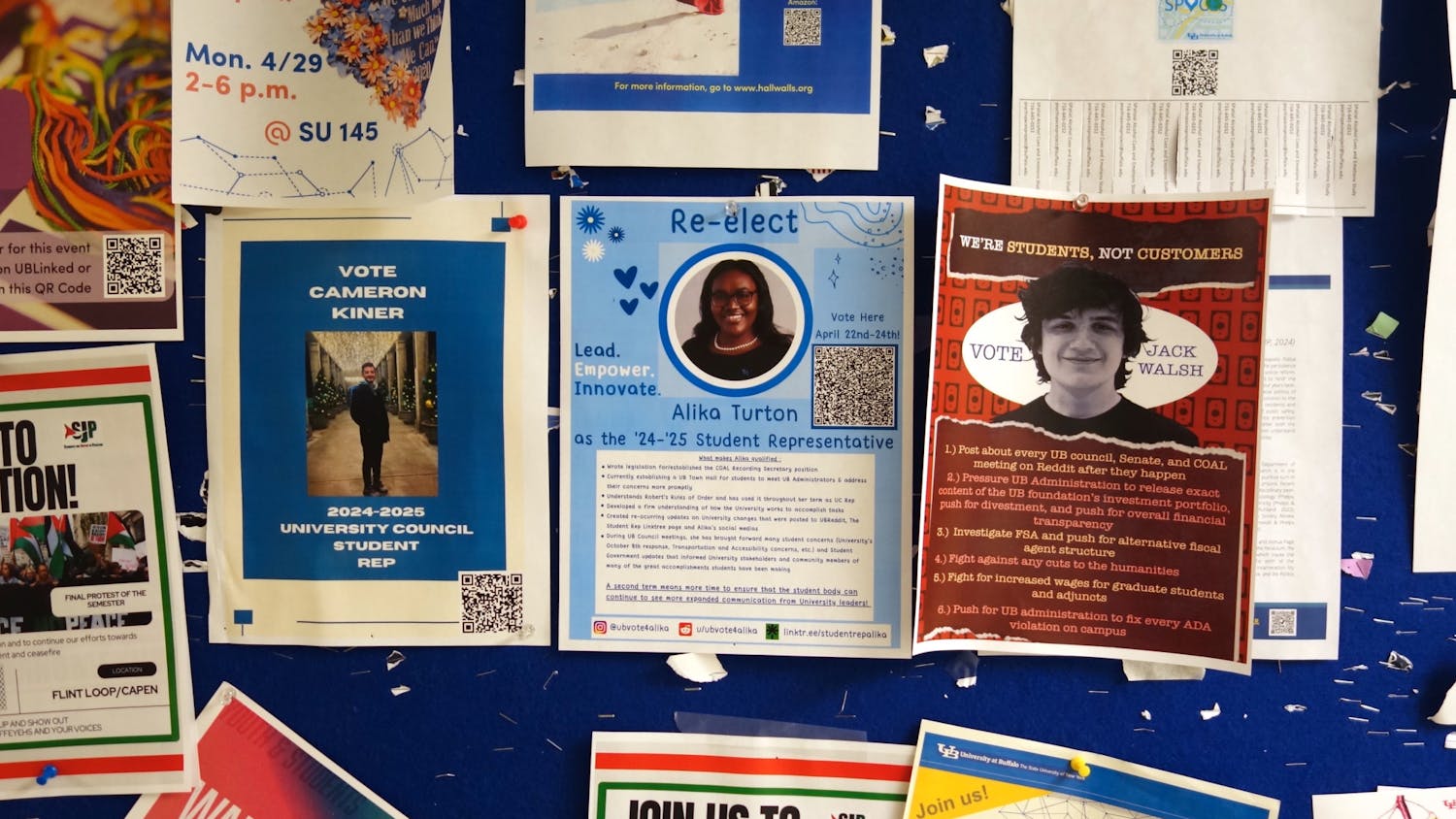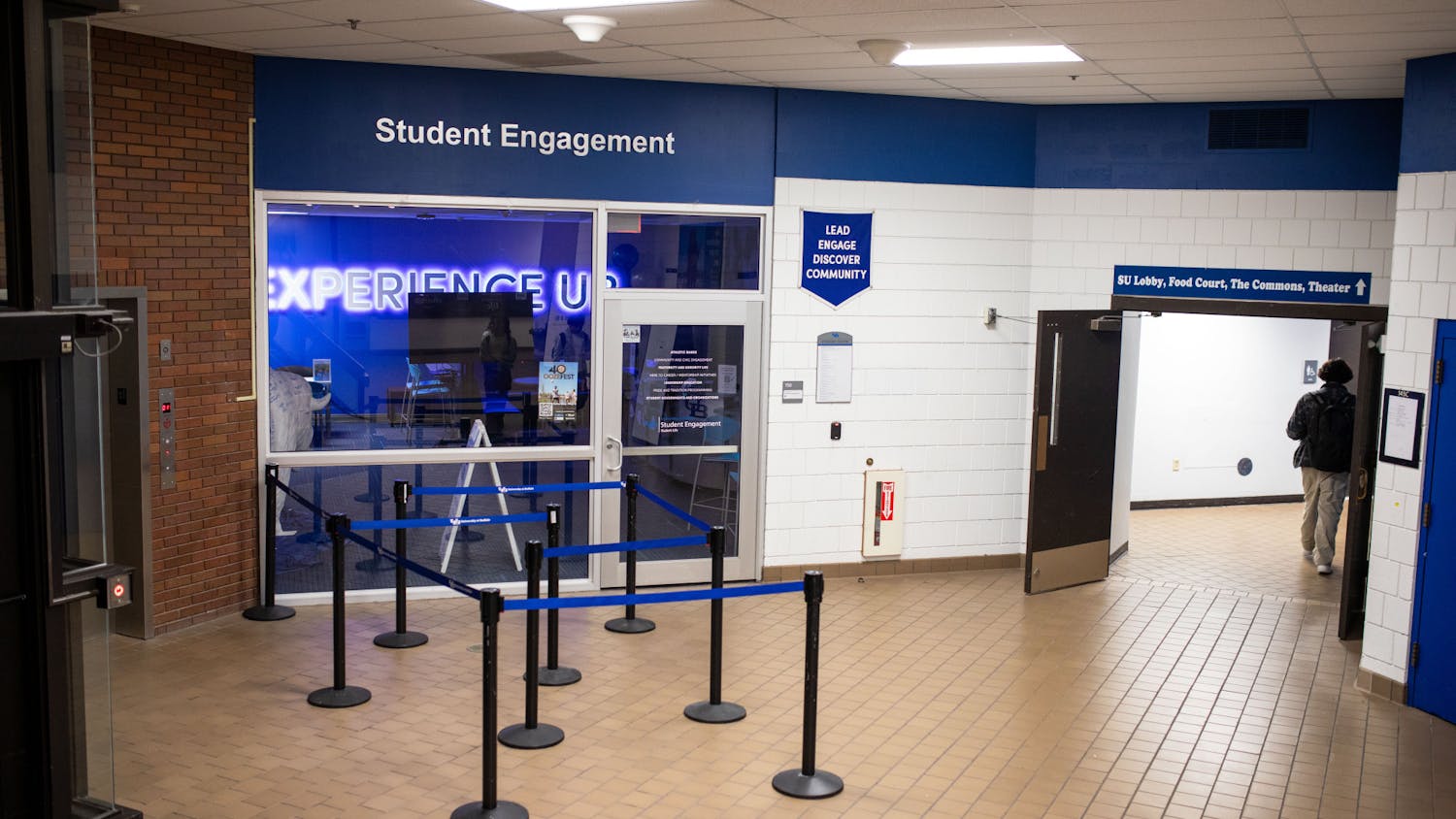It is getting harder and harder for Americans with drug convictions to get an education. Twenty-one thousand potential students were refused federal loans for college in the last two years based on prior felony and misdemeanor drug convictions because of the 1998 reauthorization of the Higher Education Act, which precludes students from receiving federal financial aid for one year after a drug possession or two years after being convicted of selling drugs. Repeat offenders in either category are barred from ever receiving financial assistance.
A bill currently before the New York State Assembly Committee on Higher Education would institute a statewide policy mirroring the federal one. Under the proposal, students would be forced to sign a "no drug pledge" to be eligible for the state's tuition assistance program (TAP). A student receiving financial aid who uses or possesses an illegal drug in violation of the pledge would forfeit their TAP award and be disqualified from further financial assistance.
The presence of drugs in institutions of higher learning must be combated, but laws that deny education are highly ineffectual and counterproductive. Such laws institutionalize discrepancies between the severity of a crime and its punishment. A person guilty of experimenting with marijuana is hindered from attaining higher education, but no such penalty exists for any other crime. Rapists, murderers, arsonists and other aberrant individuals are still eligible for educational financial aid. If sexual and violent offenders are extended such privileges, those posing far less of a threat to society should not be categorically barred from receiving a college education.
Anti-drug policies tied to financial aid exclusively affect the poor while leaving the wealthy immune from adverse consequences. Wealthy people are unaffected by such laws, while those who depend upon such funding - and arguably are in the greatest need of educational opportunity - may be denied an education by means of their financial position. Such laws are unjust and remove from the educational system those in dire need of social and educational advancement.
Crime often stems from a lack of education and a poor socio-economic status. Hindering those guilty of crimes from attaining an education thwarts their ability to improve their lives lawfully, thereby locking them into the conditions that brought them to criminality. A teenager convicted of selling drugs, if denied the means to fund an education, may be left with no hope for financial success other than to return to drug dealing.
Students with drug problems should not be refused educational financing. Rather these students should be forced to enroll in, and provided with loans to finance, substance abuse counseling. It is enhanced educational opportunities that will render these people contributing members of society - not less.
All people should be afforded the right to an education, regardless of whether they sold marijuana, snorted coke or robbed a bank. Education is the means by which individuals are lifted from the desperation of poverty. It supplies people with the tools to provide for themselves within the limits of the law. Denying Americans who have been convicted of a crime, drug-related or otherwise, of education is the most unsound and unreasonable means of deterrence imaginable.




